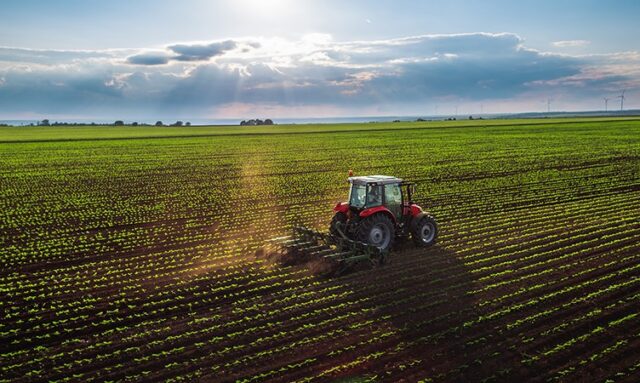
Venturing into farming isn’t for the faint-hearted. It’s a world that calls for resilience, hard work, and, crucially, the right equipment. Navigating the diverse range of machinery and tools necessary for a prosperous farm operation can be daunting, especially for beginners.
This comprehensive guide shines a light on the crucial equipment needed to kickstart your thriving farm operation, demystifying the essentials of agricultural machinery and tool selection.
Understanding Livestock Handling Equipment
Successful livestock rearing requires appropriate handling equipment. Livestock handling equipment facilitates the feeding, health care, and transportation of your animals. Key pieces of equipment include feeders, waterers, and chutes.
Feeders and waterers should be chosen to suit the specific needs of your livestock, ensuring they are well-fed and hydrated. A good pig waterer makes all the difference and keeps things more efficient.
Chutes and handling pens play a crucial role in the safe and efficient handling of livestock during vaccinations, tagging, or loading for transportation. Therefore, investing in high-quality, species-specific handling equipment can greatly enhance the health and productivity of your livestock, leading to improved farm profitability.
Choosing the Right Tractors
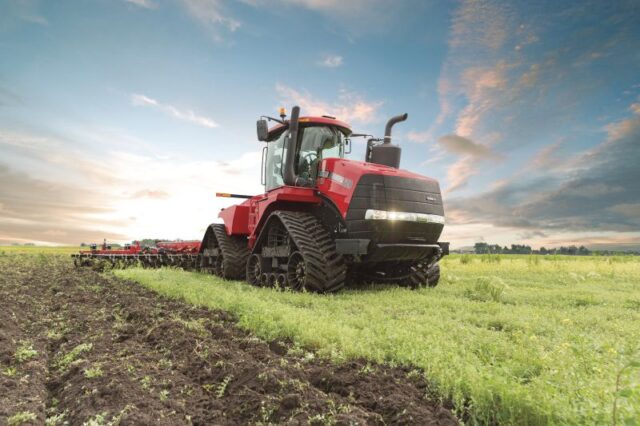
Kicking off our discussion, tractors unquestionably represent the backbone of any successful farming operation. Selecting an appropriate tractor, considering factors like horsepower, transmission type, and compatibility with attachments, should be your top priority.
The tractor’s horsepower is a significant determinant of its ability to perform various tasks. Generally, smaller farms of less than 100 acres will benefit from tractors with horsepower ranging from 25 to 45.
Another key aspect to ponder when picking a tractor is the transmission type. Transmission influences the tractor’s speed and efficiency during field operations. For example, a tractor with a hydrostatic transmission provides seamless speed adjustments, making it ideal for tasks requiring frequent stops and starts.
With these factors in mind, you will choose a tractor that will not only fulfill your farming needs but also ensure efficient energy usage and longevity.
Essential Farm Implements
The next logical step is choosing the right farm implements. These are devices attached to the tractor, enhancing its versatility and effectiveness. Primary implements like plows, harrows, and cultivators are crucial for soil preparation, a fundamental step in the farming process. The type of implement chosen directly correlates to the crop you intend to grow and the condition of your soil.
Secondary implements like seed drills, sprayers, and spreaders play a significant role in sowing and crop protection. Seed drills enable uniform sowing of seeds, thus optimizing crop yield. Meanwhile, sprayers and spreaders are indispensable for distributing fertilizers and pesticides uniformly, essential for crop health. Balancing the choice of primary and secondary implements, in line with your farm’s needs, can significantly streamline your operations.
Selecting Efficient Irrigation Systems
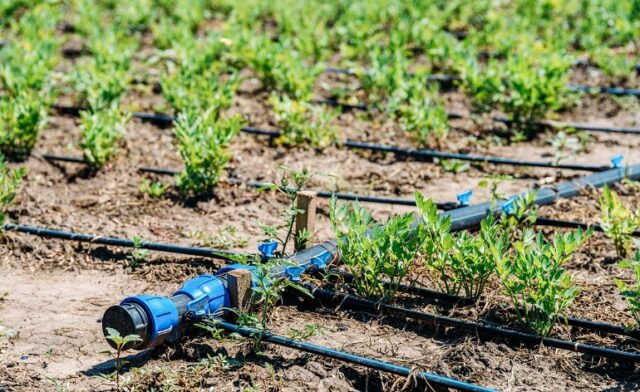
Water is life, particularly in the agricultural world. Hence, the importance of efficient irrigation systems cannot be overstated. Factors like crop type, soil properties, and climate should influence your irrigation choice. For instance, drip irrigation is highly efficient for horticultural crops, as it delivers water directly to the plant roots, minimizing wastage.
Sprinkler systems mimic rain and can be suitable for a wider variety of crops and soil types. They’re especially beneficial for sandy soils with high infiltration rates. Keep in mind that an efficient irrigation system will not only ensure your crops get the needed water but also contribute significantly to water conservation, an essential aspect of sustainable farming.
Importance of Proper Harvesting Equipment
An abundant crop yield is only as good as your ability to harvest it effectively. Harvesting equipment varies with the type of crop grown. Grain crops require combines that can reap, thresh, and winnow in one operation, thus increasing efficiency and reducing losses. On the other hand, root crops like potatoes demand specialized harvesters that can dig and separate the product from the soil.
Simultaneously, forage crops used for animal feed necessitate forage harvesters, which can cut, gather, and chop the crop into manageable pieces. By matching your harvesting equipment to the specific needs of your crops, you ensure minimal wastage and maximum profit, a cornerstone for any successful farm operation.
Efficient Fencing and Security Systems
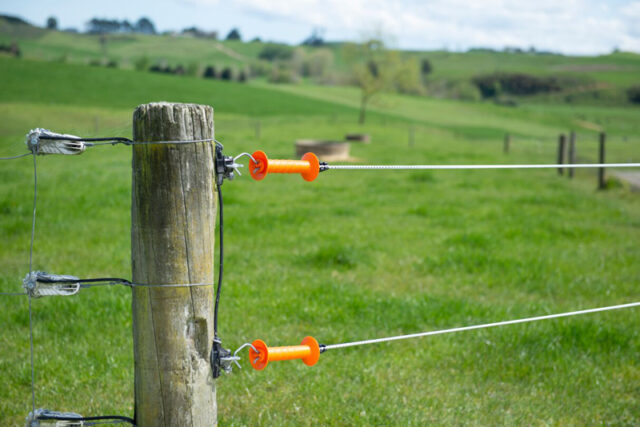
Safety should be at the forefront of any farm operation. Fencing serves multiple purposes, from securing your farm boundaries to confining livestock and protecting crops from pests. The type of fencing chosen will depend on its intended purpose. For instance, electric fences can be effective for livestock control, while woven wire fences can deter smaller pests from invading crop fields.
Implementing a robust security system can be vital to preventing theft and vandalism. Surveillance cameras and alarm systems can serve as deterrents and help in identifying culprits should a breach occur. A secured farm not only gives peace of mind but also helps in maintaining a smooth and uninterrupted operation.
Optimal Storage and Handling Equipment
After harvesting, the importance of proper storage cannot be overstated. Equipment like silos, grain bins, and hay balers help ensure harvested crops are stored safely, preventing losses from spoilage. For instance, silos are perfect for storing grain or fermented feeds known as silage, while hay balers are used to package hay into convenient bundles for storage.
Equipment for handling these stored products, like conveyors, front loaders, and pallet jacks, are equally crucial. These tools ensure the safe and efficient movement of your harvested products, reducing the risk of damage and making your operations more time-efficient. Indeed, optimal storage and handling equipment can be a game-changer in maintaining the quality of your product and the overall profitability of your farm.
Essential Power Tools for Farm Maintenance
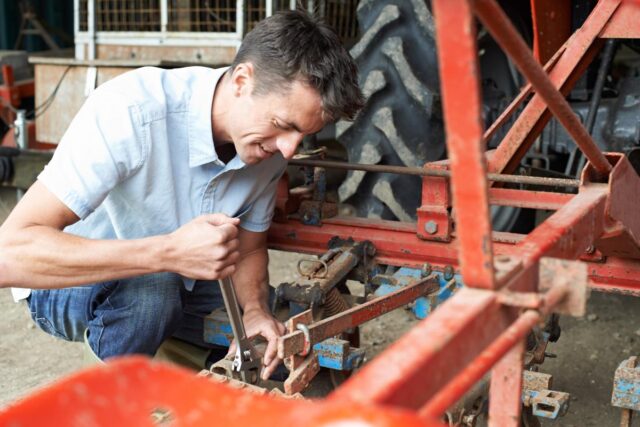
Every farm operation needs a collection of power tools for ongoing maintenance. Equipment like chainsaws, drills, and power washers can make your everyday tasks quicker and more manageable. Chainsaws come in handy for tasks like pruning trees and chopping firewood, while drills are invaluable for a multitude of repair and construction jobs on the farm.
Power washers are highly efficient for cleaning tasks, helping keep your farm machinery, buildings, and premises clean and hygienic. The longevity and efficiency of your farming operation are heavily reliant on the maintenance tools at your disposal. Hence, a well-stocked tool shed can save you both time and money in the long run.
Summary: Cultivating Success Awaits
The journey to establishing a prosperous farming venture can be a complex one, fraught with numerous decisions. Yet, armed with the right information, your path to success can be significantly smoother.
Selecting the right equipment, tailored to your specific farming needs, is crucial. A well-equipped farm is akin to a well-oiled machine, optimizing productivity, and ensuring a prosperous and sustainable agricultural operation. Now, with these insights, you’re well-equipped to embark on your farming venture and sow the seeds of your agrarian empire.









